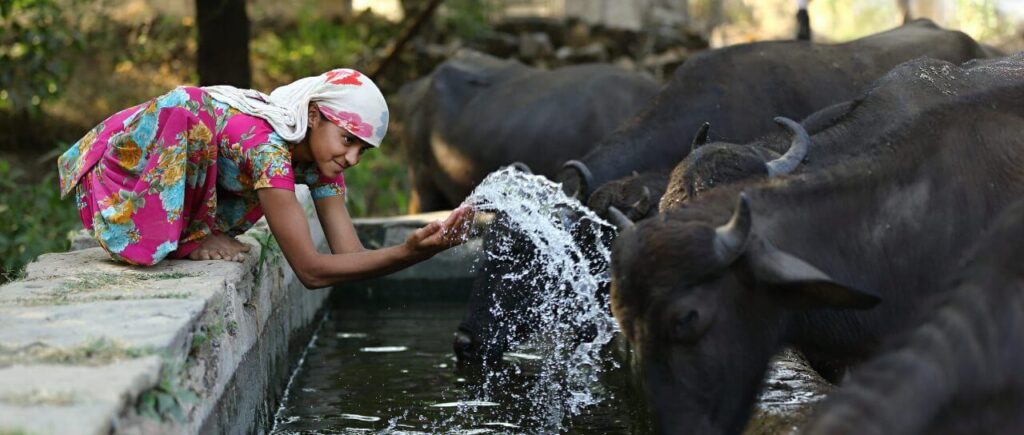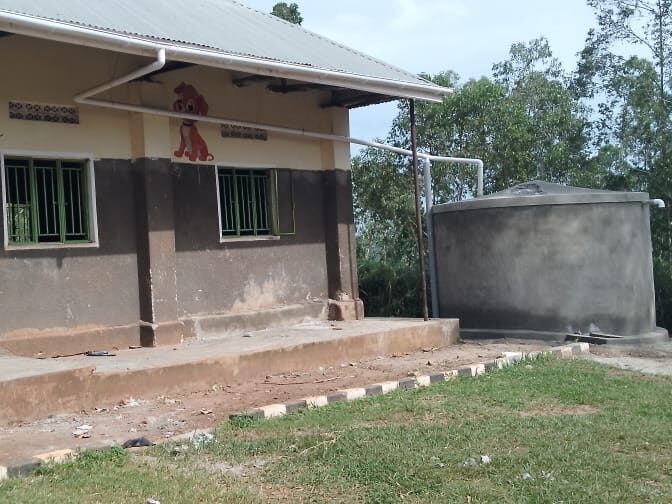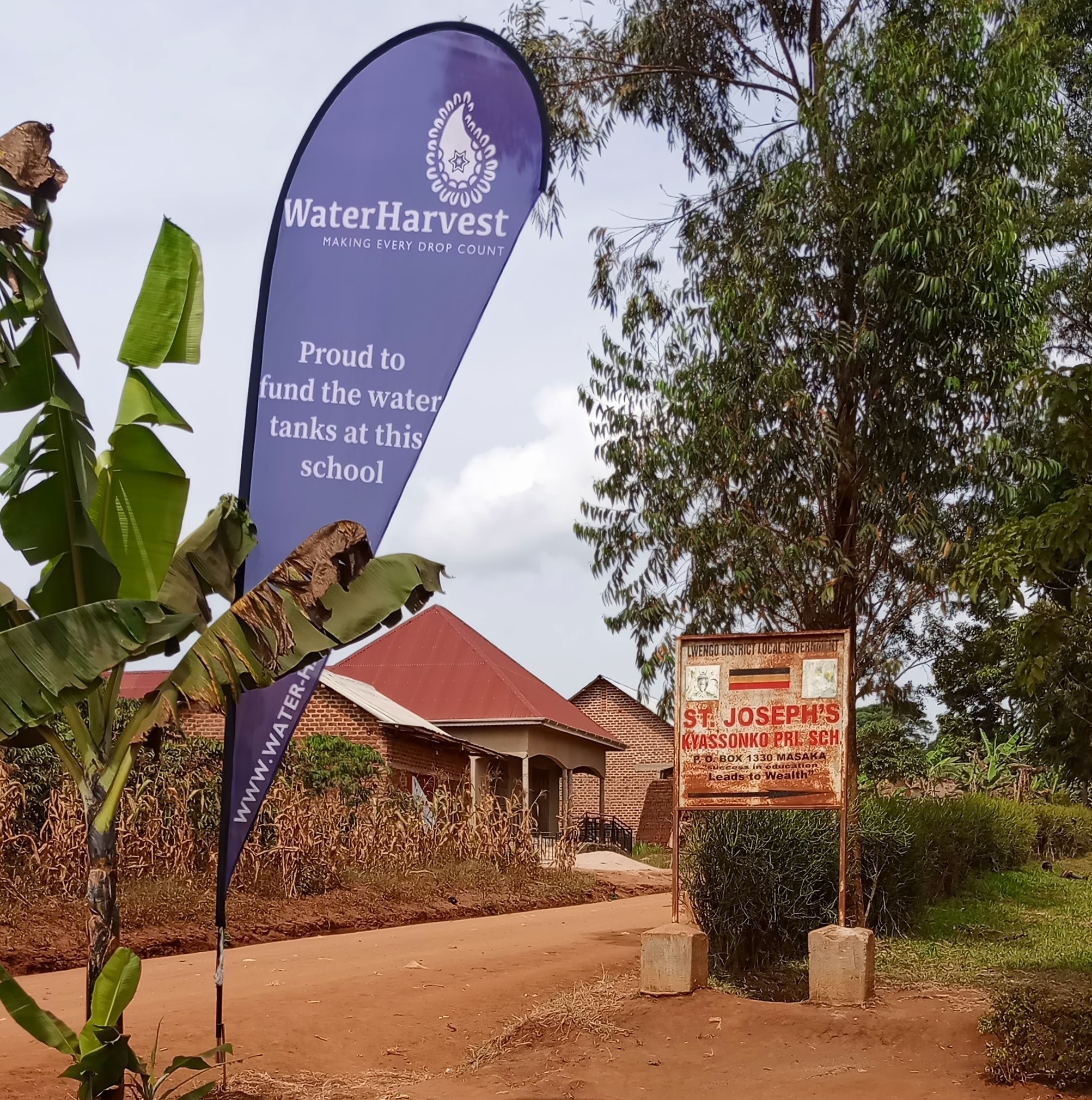Our first ever UNESCO Water Conference
Water can be a source of conflict. It should be a source of peace.
This week our CEO, Nicola Floyd, attended the UNESCO International Water Conference in Paris. With over 37 government ministers, 1,000 scientists and water experts, 126 countries and many young people represented, this was an opportunity to take stock of how much progress has been made in achieving Sustainable Development Goal 6: Water and Sanitation for all. Currently, over 1.8 billion lack access to clean water and there are five million deaths from waterborne diseases every year. As the astronaut Ron Garan said when he looked down on earth, the word looks like a “fragile oasis” – yet less than 1% of the water is usable, fresh water. The UNESCO conference therefore looked at how best we can preserve this.

Droughts and floods becoming more frequent
There is no doubt that weather patterns are becoming more extreme. The increase in droughts and floods seen over the last decade looks set to become more common. As populations grow and land use changes, the pressure on water resources is growing and the current rate is unsustainable. The conference sought to find sustainable ways to manage water resources. Water is not a single issue but is connected throughout nearly all our sectors. The treatment of waste water, the use of water for energy and the inequalities in distribution of water are all issues that need to be looked at. A multi-disciplinary approach is needed.
Burden of fetching water is still felt by women
Despite global recognition that gender equality is key to development, women and girls are still being left behind, and, in most communities, are not involved in the decision-making processes around water. Yet, although often invisible, women play a pivotal role. They are responsible for running the households and, therefore, carry the burden of fetching water. Across the world, women and girls spend 200 million hours a day fetching water, whilst they fill only 10% of water related jobs. However, different programmes – such as one involving young boys as well as girls in fetching water from wells – have seen good results, as have programmes working with parents to encourage their daughters to pursue an education into fields such as water.

Water security issues deeply rooted in power, poverty and inequality
Water security is, essentially, the ability of people to access a decent quantity and quality of water. This is different from the physical scarcity of water: water security takes into account the ability of individuals to access the water, which can be affected by balances of power, poverty and inequality. As the UN Director General, Audrey Azoulay, said in her opening speech, water is a basic human right and essential to life and dignity, yet inequalities in access to water continue to exist. At WaterHarvest, we see this in the stark contrast of water availability in urban areas as opposed to rural areas, particularly in the arid land of Rajasthan.
Education is reflective of the society we want
To make a change, we need to raise awareness of the importance of water and how precious a resource it is. The importance of education and scientific knowledge about water was reiterated throughout the day. Water is still taken for granted in many communities throughout the world. Many people do not know where their water comes from – apart from out of the tap! Education about water from nursery school to post-university level will increase the ability to manage this resource in a sustainable manner. Representatives from several African countries talked about how water use was now part of their primary school curriculum, whilst other academic institutions reiterated how important it is that decision-making on national and international water policies is based on robust scientific information. As one speaker put it, “We need to teach people that water is worth its weight in gold.”

Intelligent policies, robust structure and collaborative plans
The overwhelming message was one of collaboration. Countries need to work together to ensure water is a source of peace and that everyone has access to it. This is especially important for shared water sources such as the Congo river. Peace must be at the heart of policies in designing water management systems. At WaterHarvest, all our programmes involve working with communities, to understand how best to utilise their water resources and how to conserve the water they do have. We have programmes in primary schools teaching children about sanitation and using water carefully, through the use of games such as snakes and ladders. In our underground water tank programmes, we emphasise how clean water should not be used for washing; it should be conserved for drinking and cooking. In our agriculture projects, we focus on water use efficiency to ensure maximum crop production. Whilst the target to achieve SDG 6 by 2030 is looking very unlikely, seeing so many intelligent, committed people from all over the world come together, gave confidence that progress will be made.
This week’s blog was written by Nicola Floyd 17th May 2019.






